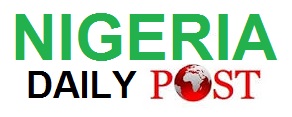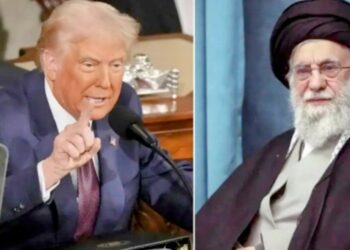U.S. Trade Concerns Amid Nigeria’s Import Ban and Tariff Challenges.
The U.S. government has expressed criticism towards Nigeria’s import ban on 25 categories of goods, indicating that these restrictions are hindering market access for American exporters.
This statement follows President Trump’s recent announcement of extensive tariffs on imports, which included a 14% levy on goods from Nigeria.
A post from the U.S. Trade Representative (USTR) outlined the negative impact of Nigeria’s import policies on American exporters, particularly in sectors such as agriculture, pharmaceuticals, beverages, and consumer goods.
The ban affects a range of products, including beef, poultry, fruit juices, and medicinal items, ultimately creating trade barriers that deprive U.S. businesses of revenue opportunities in the Nigerian market.
In response to these developments, Nigerian officials, including the Minister of Finance, Wale Edun, emphasized the government’s intention to assess the ongoing global tariff landscape and its implications for Nigeria.
They noted that while Nigeria faces a 14% tariff rate, it is comparatively better than certain other countries like Vietnam, which is subject to a 46% tariff.
As the Nigerian economy stabilizes and becomes more attractive for investment, officials are optimistic about leveraging this environment to draw businesses seeking alternatives to production in countries like Vietnam.
The officials reiterated a commitment to enhancing Nigeria’s export capabilities and addressing the challenges posed by new tariff regimes, especially for non-oil sectors reliant on access to U.S. markets.
The discussion highlights the importance of maintaining a robust export strategy and the need for careful navigation through the complexities of international trade policies to strengthen Nigeria’s economic position globally.



















